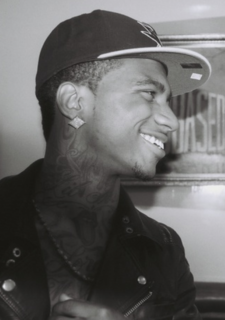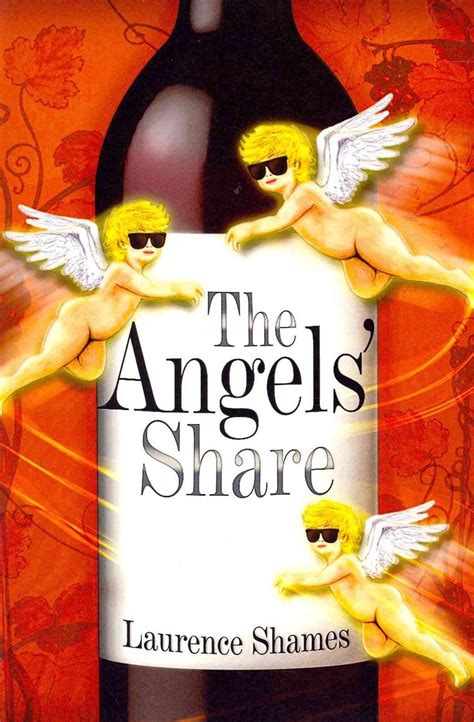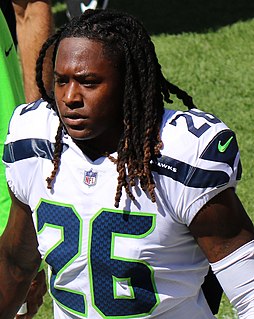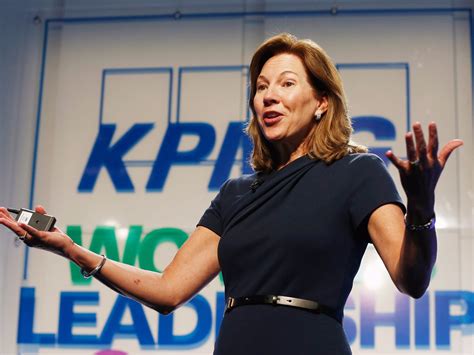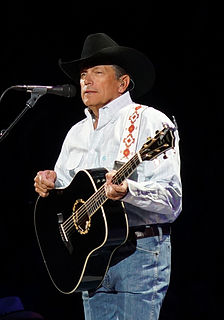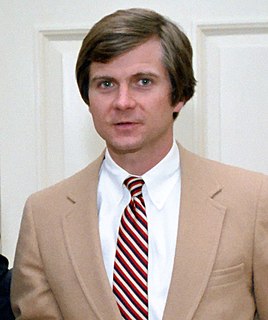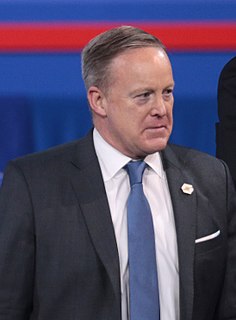A Quote by Adrian Tomine
I started my career so early and developed in print for better or for worse, so I think there's a sense some of my earliest readers are kind of copilots on this voyage with me.
Related Quotes
It would be quite unusual for me to get deep into a project and then shitcan it. One of the advantages of having done this for a while is that I have a better sense than I used to of when something is or isn't working. Until I developed that sense, this was a pretty dicey career for me, both in terms of paying the rent, and emotional wear and tear.
My parents read to me a lot as a kid, and I started writing very early, probably spurred on by Aesop's fables. Then they gave me The Lord of the Rings way too early for me to fully understand what I was reading, which was actually kind of cool. It was almost better - comprehension's overrated when you're reading.
I started playing golf when I was just out of college and starting my career with KPMG. I took a few lessons, and my husband has always loved to give me pointers - for better and for worse! I realized that you could really enhance relationships by being on the course with clients. In fact, my very first golf game was with some clients.
The problem I have with socialist utopias is there's some kind of committees trying to soften outcomes for people. I think that imposes models of outcomes for other people's lives. So in a spiritual sense there's some bit of libertarian in me. But the critical thing for me is moderation. And if you let that go far you do end up with a winner-take-all society that ultimately crushes everybody even worse.
I think the only reason I've had the career life that I've had is that someone told me some secrets early on about living. You can do the very best you can when you're very, very relaxed, no matter what it is or what your job is, the more relaxed you are the better you are. That's sort of why I got into acting. I realized the more fun I had, the better I did it. And I thought, that's a job I could be proud of. It's changed my life learning that, and it's made me better at what I do.
I think most people aren't really privy to how stories are developed and what stories are - make it to the front page or to the mainstream media, whether it's in print or in broadcast. And I think they'd be shocked and disappointed to see some of the bias that exists in some of the stories that don't get told - or the manner in which they are told.
I do sense, as compared with let's say the early '50s, there's somewhat more of a careerism. I don't think it's anything special to economics; it's equally true with physics or biology. A graduate education has become a more career-oriented thing, and part of that is because of the need for funding. In fact, that's a much worse problem in the natural sciences than it is in economics. So you can't even do your work in the natural sciences, particularly, and even to some extent in economics, without funding.


